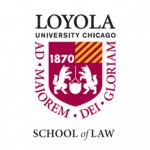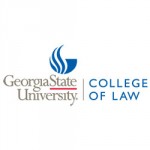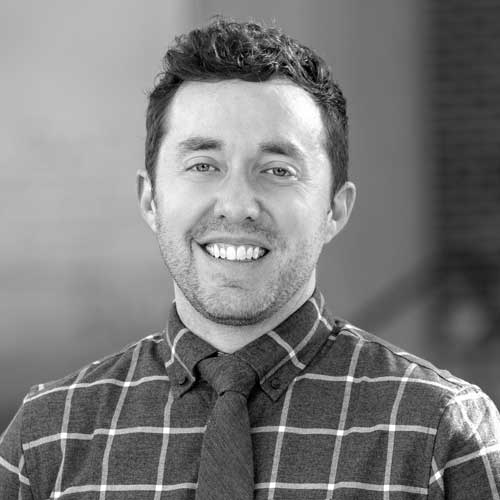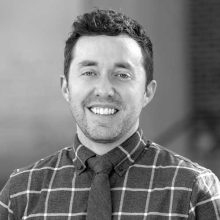Welcoming Loyola Chicago and Georgia State to Our Law School Consortium
We are excited to announce that two new law schools have joined the Educating Tomorrow's Lawyers Consortium: Loyola University Chicago and Georgia State University. Members of the Consortium demonstrate significant institutional commitment to reforming legal education through innovation, which can include Carnegie-inspired teaching methods, student-centered instruction, and curriculum and courses that tackle the core competencies new attorneys need to practice.
 The Loyola Chicago School of Law engages in an ongoing cycle of strategic planning and program assessment designed to prepare students with the knowledge, skills, and values they need to be practice-ready. Every student successfully completes an experiential learning experience, with options such as:
The Loyola Chicago School of Law engages in an ongoing cycle of strategic planning and program assessment designed to prepare students with the knowledge, skills, and values they need to be practice-ready. Every student successfully completes an experiential learning experience, with options such as:
- Working under intensive faculty supervision in live-client clinics, which also provide transaction and business counseling skills
- Externship placements
- Practicums
- Comprehensive simulations
Loyola Chicago offers over 120 skills courses and 45 experiential courses. Over 100 externship field placements are available each semester with public service organizations, governmental agencies, the judiciary, corporations, NGOs, commissions, and organizations serving the legal community.
 The Georgia State University College of Law has an experiential learning program that is integral to its curriculum and allows students to deepen their understanding of how law learned in the classroom is applied in the context of the real world. Innovative offerings include:
The Georgia State University College of Law has an experiential learning program that is integral to its curriculum and allows students to deepen their understanding of how law learned in the classroom is applied in the context of the real world. Innovative offerings include:
- An award-winning Tax Clinic, an inter-professional Health Law Clinic, and an Investor Advocacy Clinic
- A year-round externship program
- Nine hours of classroom-based experiential learning required of all students, beginning with a two-semester Lawyering Foundations class, which focus on helping students hone the skills needed to replicate today's law practice
Members of the Georgia State faculty are expected to be outstanding teachers as well as outstanding scholars. Through formal and informal mentoring, workshops, and gatherings, the college of law encourages faculty to engage in thoughtful and cutting-edge teaching and scholarship.


